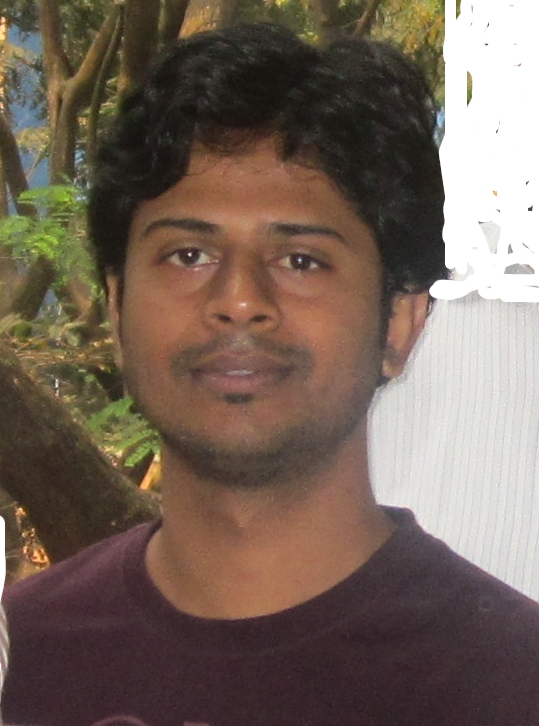Prof. Sharad Bhartiya Research Group IIT Bombay
Automation Lab
Sammyak
- Details

This email address is being protected from spambots. You need JavaScript enabled to view it.
This email address is being protected from spambots. You need JavaScript enabled to view it.
Research Title: - Enhancements and Applications of Explicit Model Predictive Control
Model predictive control otherwise called as MPC is a widely used control strategy in the process industry. The MPC problem is posed as a Quadratic programming problem with polyhedral constraints and is solved as an online optimization using general methods. The optimization problem is solved online at every instant of time and hence is slow and forms a good control solution for slow dynamical systems. Such a solution is not acceptable for systems working in the frequency range of Kilohertz-Megahertz or even higher. Hence to suit these kinds of applications one needs to find a fast control solution which will satisfy all the system requirements or specifications. Recasting the original Model Predictive Control problem into an Explicit Model Predictive Control (popularly called as E-MPC) problem serves the purpose of controlling fast dynamical systems. Here the optimization problem is posed as a Quadratic programming problem and is solved offline. The optimizer or the control input bears an explicit relationship with the states confined to a particular polytope and is piecewise affine in nature. So there is one to one correspondence between the control input and the states of that polytope. The control algorithm is then reduced to a lookup table which makes it suitable for fast online implementations. Typical E-MPC applications include Power electronic converters and Drives applications, Power systems, Automotive applications, Gas turbines, Hydropower applications etc. Though E-MPC has benefits over the traditional MPC these benefits come at the cost of storage. The solution space blows up exponentially as the horizon, state and input dimensions respectively increase thus demanding more storage space. This makes the E-MPC an expensive solution in terms of storage. The current research theme concentrates on this issue of storage for Explicit MPC applications and to provide innovative solutions/enhancements for this issue.
Advisors:- Prof. Sharad. Bhartiya and Prof. P.S.V Nataraj
Academic Background:-
B.E. (Electrical Engineering.) in 2007 from Mumbai University
M.Tech (Electrical Engineering) in 2010 from Indian Institute of Technology Roorkee, Roorkee
Research Interest:-
Explicit Model Predictive Control, Optimization Techniques, Nonlinear Dynamical Systems, Robust Control Techniques, Power System Dynamics and Control

